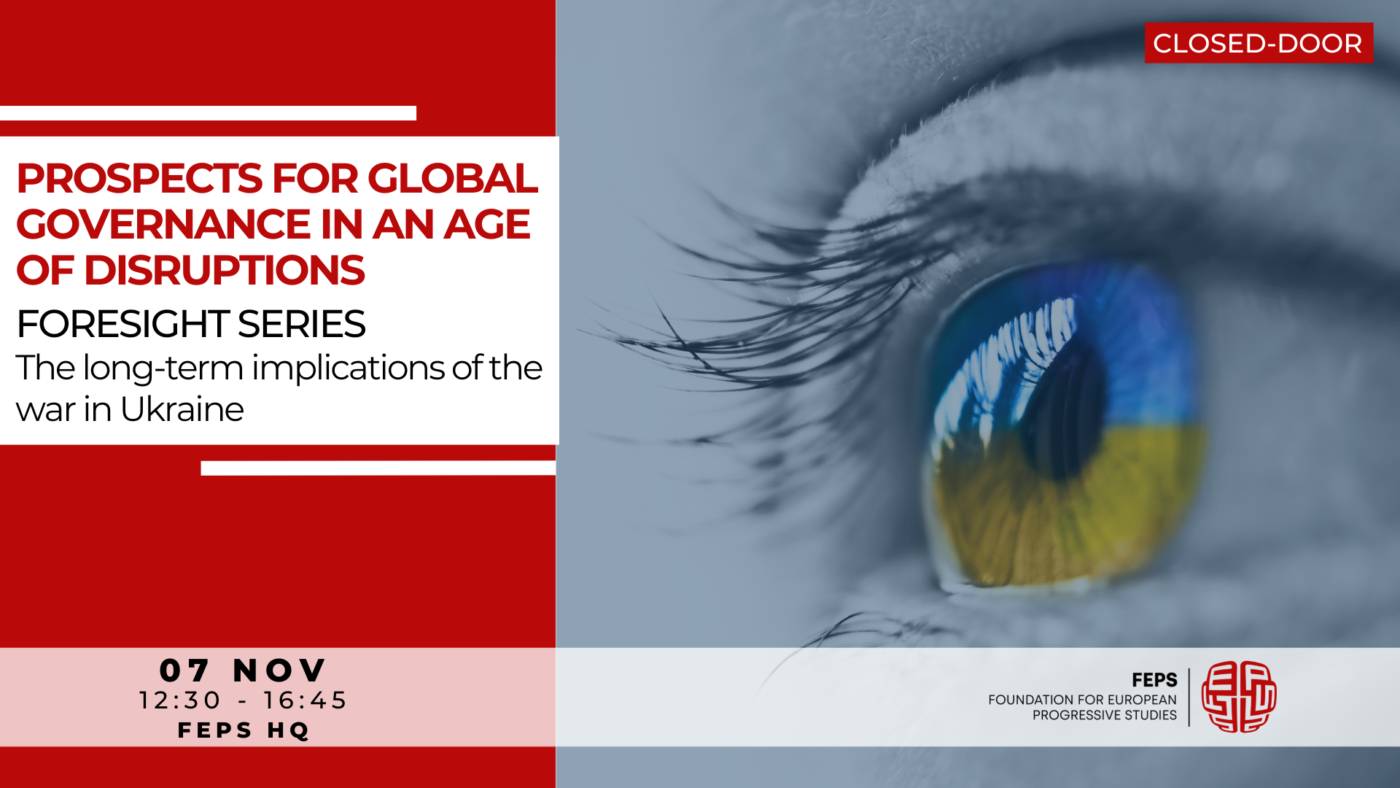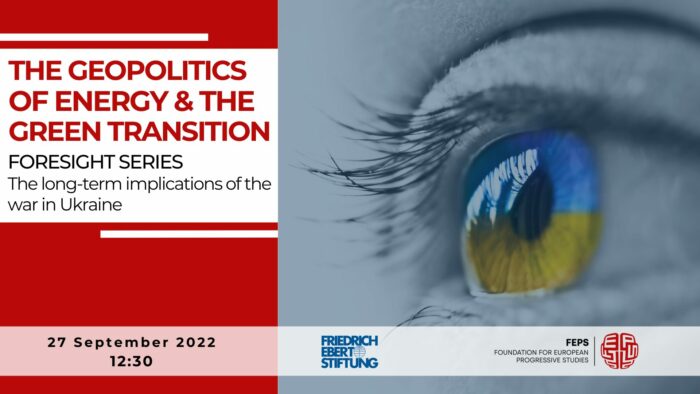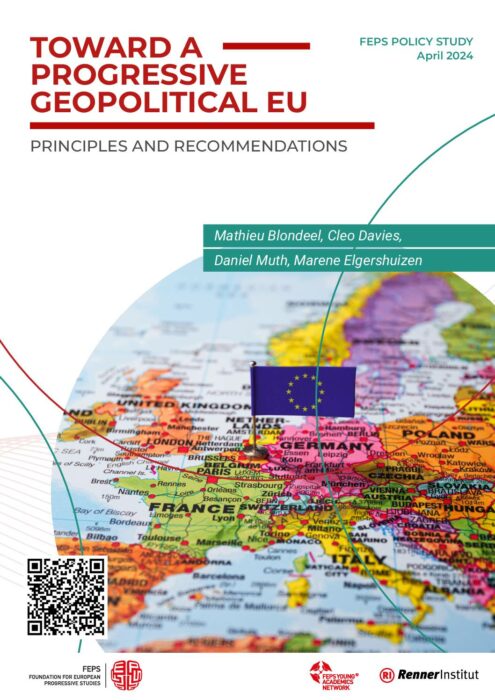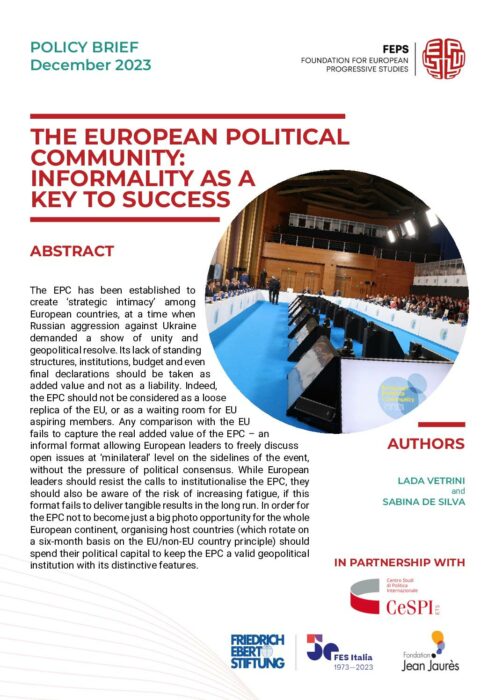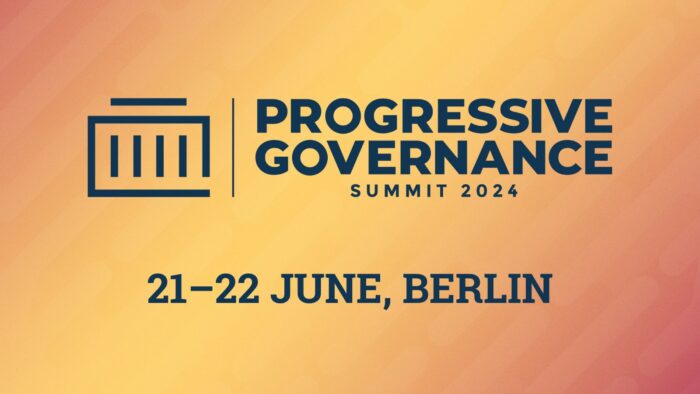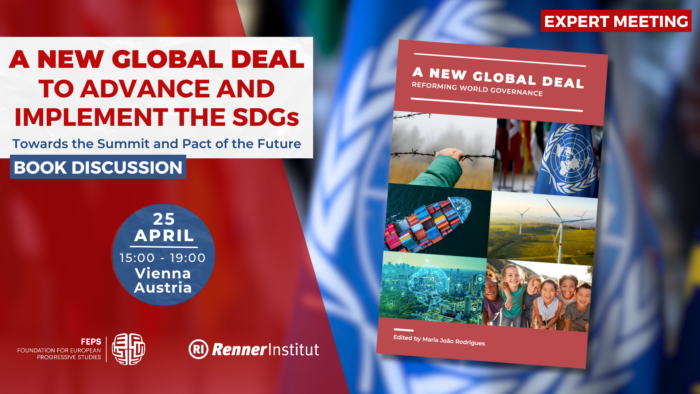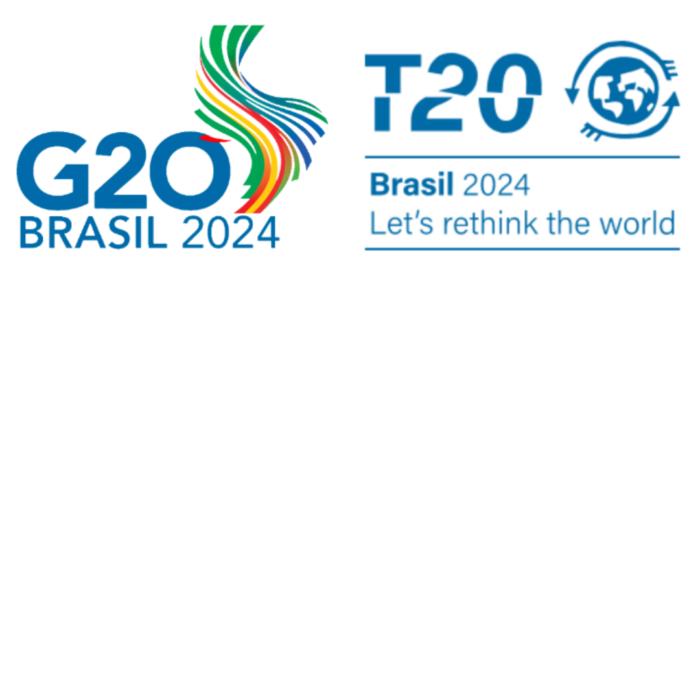Related events
15/02/2023
FEPS HQ (Expert meeting - Hybrid)
27/09/2022
FEPS HQ, Brussels (Closed-door)
Find all related publications
Publications
Find all related events
Events
Past
21 - 22/06/2024
Berlin, Germany
09 - 10/05/2024
Nairobi, Kenya
25/04/2024
Vienna, Austria (Expert meeting)
Find all related news
News
Find all related in the media
In the media

